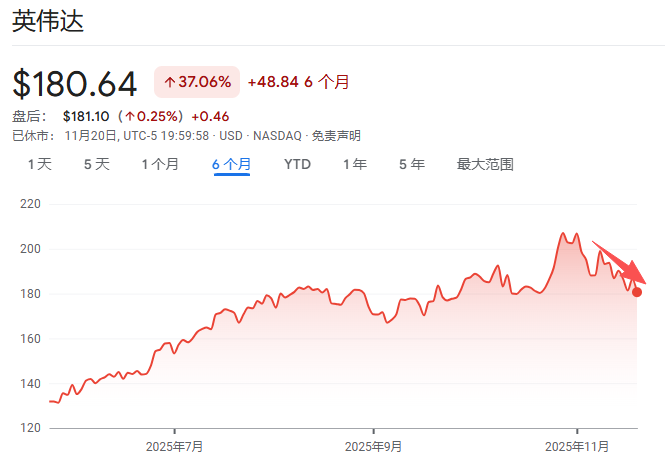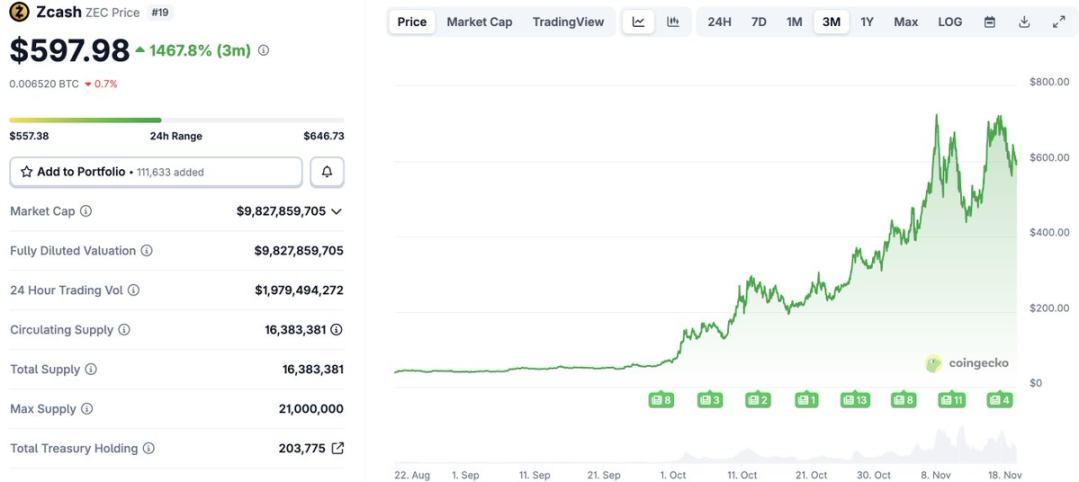South Korea Busts Hacking Syndicate After Multi-Million Dollar Crypto Losses
Seoul police have dismantled an international hacking ring that systematically targeted South Korea's wealthiest individuals, including BTS member Jungkook and top business executives, after the group stole $28.1 million (₩39 billion) from victims' financial and crypto accounts.
The Seoul Metropolitan Police Agency's Cyber Investigation Unit announced the arrest of 16 suspects Thursday, including two Chinese ringleaders who allegedly orchestrated the scheme from bases in China and Thailand between July 2023 and April 2024, according to Korea Joongang Daily.
"This incident highlights a critical reality: international criminal organizations are systematically targeting Korean entities, and most domestic institutions lack adequate defenses against their advanced hacking capabilities," Rich O., regional manager APAC at hardware wallet manufacturer OneKey, told Decrypt.
According to the police, the criminal organization breached government and financial institution websites to steal personal data from wealthy targets, then used this information to create over 100 fraudulent phone accounts that bypassed security systems and enabled unauthorized access to victims' bank and crypto wallets.
While they harvested data from 258 high-profile individuals, including 28 crypto investors, 75 business executives, 12 celebrities, and 6 athletes, actual theft attempts were allegedly made against only 26 people, whose combined account balances totaled $39.8 billion (₩55.22 trillion).
Among them, the hackers reportedly stole from 16 victims, with the largest single crypto theft reaching $15.4 million (₩21.3 billion).
Financial institutions blocked an additional $18 million (₩25 billion) in attempted thefts targeting 10 other victims, thereby preventing further losses.
Crypto holders “prime targets”
Crypto holders have become "prime targets", but remain just one segment of the wealthy individuals hackers pursue, O. said.
He said the case marks “a new level of hacking threat” because of the “systematic hacking of government and financial institutions to profile wealthy individuals.”
In Jungkook's case, attackers allegedly attempted to drain $6.1 million (₩8.4 billion) in Hybe entertainment stock holdings in January following his military enlistment.
However, banking systems flagged the unusual activity, and his management company intervened, blocking the unauthorized transfers.
Authorities successfully froze and returned $9.2 million (₩12.8 billion) to victims through quick response measures.
The two alleged ringleaders were arrested in Bangkok with Interpol’s help. One of the accused has been extradited to Korea to face 11 charges, including network and economic crimes.
"This incident of bypassing the non-face-to-face authentication system is 'unprecedented,' and the vast sums accessed 'could have easily led to an even bigger crime,'” Oh Gyu-sik, head of the Seoul Metropolitan Police Agency's 2nd Cyber Investigation Unit, said.
"Given the repeated breaches of Korean government agencies and telecom carriers, a multi-layered defense strategy is essential," O. said.
He called for "stricter identity verification" for telecom services and "robust international law enforcement coordination" to combat cross-border cybercrime operations since “this involved Chinese criminal organizations.”
Disclaimer: The content of this article solely reflects the author's opinion and does not represent the platform in any capacity. This article is not intended to serve as a reference for making investment decisions.
You may also like
Has the four-year cycle of Bitcoin failed?
The various anomalies in this cycle—including waning sentiment, weakening returns, disrupted rhythms, and institutional dominance—have indeed led the market to intuitively feel that the familiar four-year cycle is no longer effective.

At an internal Nvidia meeting, Jensen Huang admitted: It's too difficult. "If we do well, it's an AI bubble," and "if we fall even slightly short of expectations, the whole world will collapse."
Jensen Huang has rarely admitted that Nvidia is now facing an unsolvable dilemma: if its performance is outstanding, it will be accused of fueling the AI bubble; if its performance disappoints, it will be seen as evidence that the bubble has burst.

After a 1460% Surge: Reassessing the Value Foundation of ZEC
Narratives and sentiment can create myths, but fundamentals determine how far those myths can go.

The demise of a DAT company
The $1 billion Ethereum DAT plan led by Li Lin and others has been shelved due to the bear market, and funds have been returned. This "going with the flow" approach may reflect consideration of investor sentiment.
